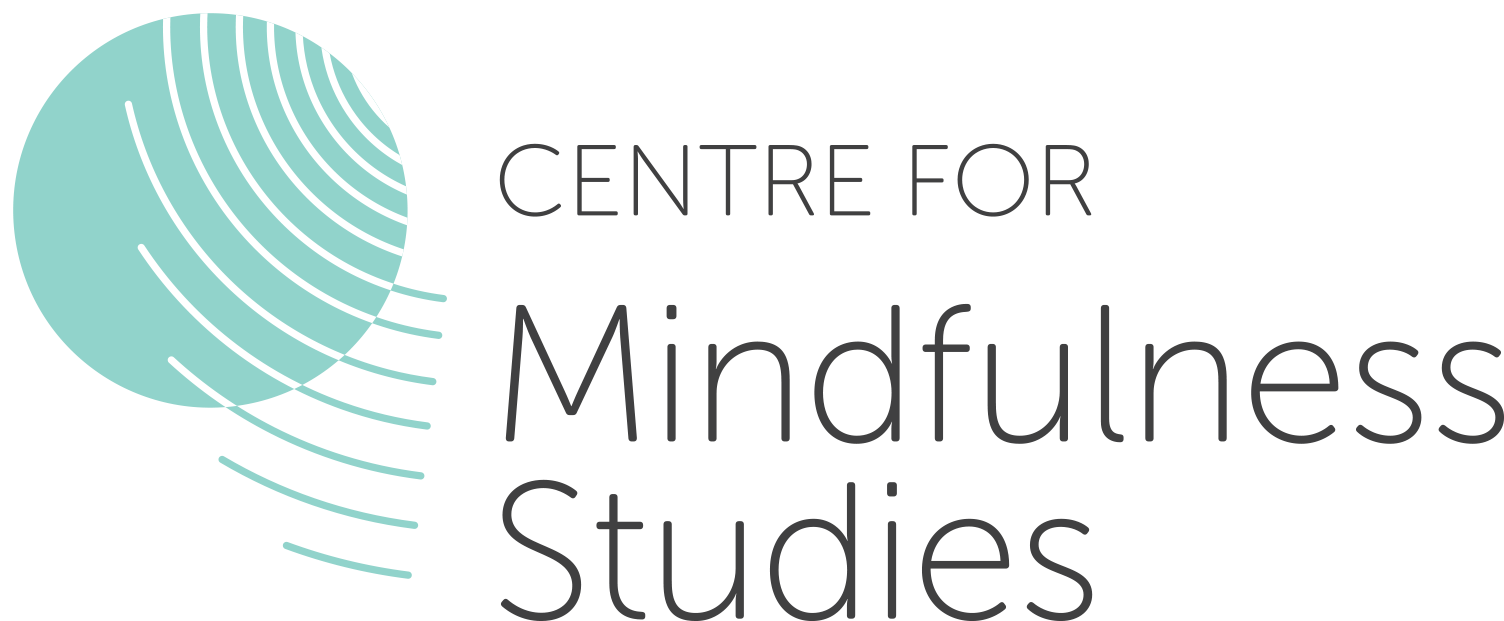Spring Cleaning for the Mind: Letting Go of Self-Criticism
It’s hard to believe it is the second week of April. The reality of spring can be seen in the initial buds of the trees and the fervor of the joggers eager to get back to their ambitious routines. At this time of year, many of us take a look around (or in the mirror for that matter) and consider the ways we would like to “clean house”. Spring-cleaning rituals can be a wonderful way to gain focus and clarity and leave us with a sense of accomplishment. However, many of us are familiar with the feeling that what we have done is never enough. There are always a few junk drawers in the house and a few stubborn pounds to loose. Although it is a completely human tendency to strive for continuous improvement, the effect of this drive is to leave us feeling, at least to some extent, depleted and discouraged.
There is, however, a solution for our endless seeking of a “better” version of ourselves. The answer lies not in the external changes we make, but on internal shifts of consciousness. If we focus our cleansing efforts on the mind, we can make significant gains in reducing self-criticism and increasing levels of self-compassion.
Many people at first resist the idea of exchanging self-criticism for self-compassion, fearing doing so will make them “lazy”, “idle” or “indulgent”. Despite misperceptions, self-compassion is none of the above. It takes work and effort to be self-compassionate and cultivating these mind states actually makes us less self-absorbed than does self-criticism. Further, self-criticism does not help us to achieve our goals or make us become better human beings in any sense. Self-compassion, on the other hand, has been scientifically linked to increased happiness and life-satisfaction, increased health behaviors (such as eating well and exercising), and a reduced risk for anxiety and depressive disorders.
There are many ways to turn down the volume on self-criticism and become better versed in self-compassion. The foundation for many of these exercises is a type of awareness called “mindfulness”. It is important to develop mindful awareness because without it we simply go though life on automatic pilot, repeating the same old patterns of self-criticism and resolving to do better next time. Developing a mindfulness practice takes time and patience, but the payoff is multifold.
Once we have achieved a bit of distance from our habits of thinking (through the practice of mindfulness) we may notice how self-criticism undermines the very efforts we put into our affairs. The next step is to consciously and explicitly offer support by bringing kindness to our struggles. For example, this type of support can be generated by writing a letter to ourselves offering encouragement, repeating phrases (similar to a mantra) offering wishes for health and happiness, or simply identifying concrete ways we can take better care of ourselves. A leader in the field of self-compassion, Dr. Kristin Neff, provides a number of helpful exercises on her website: http://self-compassion.org/category/exercises/#exercises.
Self-compassion is not like a pill you can swallow to feel good and make the world a rosy place. However, with practice, self-compassion can help us enjoy the high points in our lives and traverse the difficult periods with greater ease and wellbeing. Self-compassionate people recognize that imperfection is part of the human condition and that the best we can do is be kind to ourselves when we are down.
The next time you are out weeding the garden, or putting your nubbly sweaters back on the top shelf, you just might consider whether you want to do some pruning in the mind….or at least put the ugly stuff away for a while.
May you be safe, happy, healthy and at ease.
To read Dr. Hurley’s blog: click here
